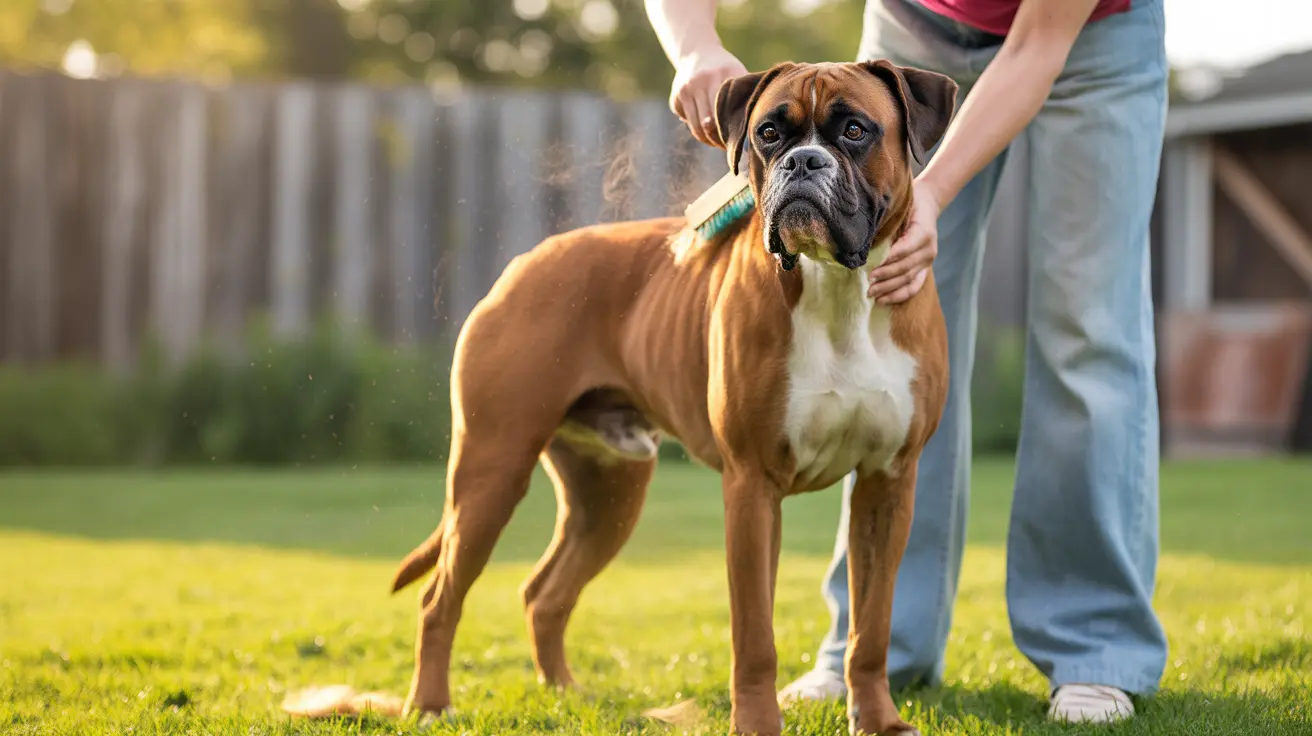If you're considering adding a Beagle to your family but have allergies, understanding their potential as allergen triggers is crucial. While these lovable hounds are known for their friendly personalities and excellent hunting skills, they are not hypoallergenic dogs. Let's explore what this means for potential pet owners and how to manage allergies with a Beagle in your home.
Despite their short coat, Beagles produce several common allergens, including dander, saliva proteins, and urinary proteins, which can trigger allergic reactions in sensitive individuals. Understanding these factors is essential for making an informed decision about bringing a Beagle into your home.
Understanding Beagle Allergens and Shedding
Beagles have a double coat that sheds moderately throughout the year, with increased shedding during seasonal changes. This shedding isn't just about the visible fur – it's also about the invisible allergens that come with it.
The primary allergens produced by Beagles include:
- Can f 1 and Can f 2 proteins found in dander
- Allergenic proteins in saliva
- Proteins present in urine
- Dead skin cells that become airborne
Why Beagles Aren't Considered Hypoallergenic
The term "hypoallergenic" is often misunderstood. No dog breed is truly 100% hypoallergenic, as all dogs produce some level of allergens. Beagles, in particular, are not considered hypoallergenic because they:
- Shed regularly throughout the year
- Produce average to high levels of dander
- Have protein-rich saliva that contains allergens
- Require regular grooming, which can release allergens into the air
Managing Allergies with a Beagle
If you're determined to have a Beagle despite allergies, there are several effective management strategies you can implement:
Regular Grooming and Cleaning
- Brush your Beagle outdoors 2-3 times weekly
- Vacuum daily with a HEPA-filter vacuum
- Wash pet bedding weekly in hot water
- Use air purifiers in main living areas
Creating Allergen-Free Zones
Designate certain areas of your home as "no-dog zones" to provide allergen-free spaces where you can find relief. The bedroom should be your top priority, as you spend many hours there while sleeping.
Professional Cleaning and Maintenance
Consider professional grooming services every 6-8 weeks and regular deep cleaning of your home to minimize allergen buildup. This can significantly reduce your exposure to pet allergens.
Health Considerations for Allergic Beagles
Interestingly, Beagles themselves can suffer from various allergies. Understanding these can help you better care for your pet while managing your own allergies:
Common Allergies in Beagles
- Environmental allergies (pollen, dust, mold)
- Food allergies
- Skin allergies (atopic dermatitis)
- Flea allergies
Frequently Asked Questions
Are Beagles hypoallergenic, and why do they trigger allergies?
No, Beagles are not hypoallergenic. They trigger allergies through proteins found in their dander, saliva, and urine, which are present regardless of how much they shed.
What are the common allergy symptoms in people and Beagles?
People may experience sneezing, runny nose, itchy eyes, and skin reactions. Beagles typically show symptoms through scratching, skin irritation, ear infections, and gastrointestinal issues.
How can I reduce allergen exposure if I have a Beagle and allergies?
Regular grooming, frequent house cleaning, using HEPA filters, creating pet-free zones, and maintaining good ventilation can help reduce allergen exposure.
What treatments help manage allergies in Beagles themselves?
Treatments may include medicated shampoos, antihistamines, immunotherapy, and dietary changes, all under veterinary supervision.
How do Beagles compare to "hypoallergenic" dog breeds in allergen levels?
Studies show that "hypoallergenic" breeds don't necessarily produce fewer allergens than Beagles. The difference lies mainly in shedding patterns rather than actual allergen production.
Conclusion
While Beagles are not hypoallergenic, their loving nature and wonderful personalities make them worth considering even for those with mild allergies. Success in living with a Beagle despite allergies depends on implementing proper management strategies and maintaining consistent cleaning routines. Always consult with an allergist before bringing a Beagle into your home if you have concerns about allergies.






